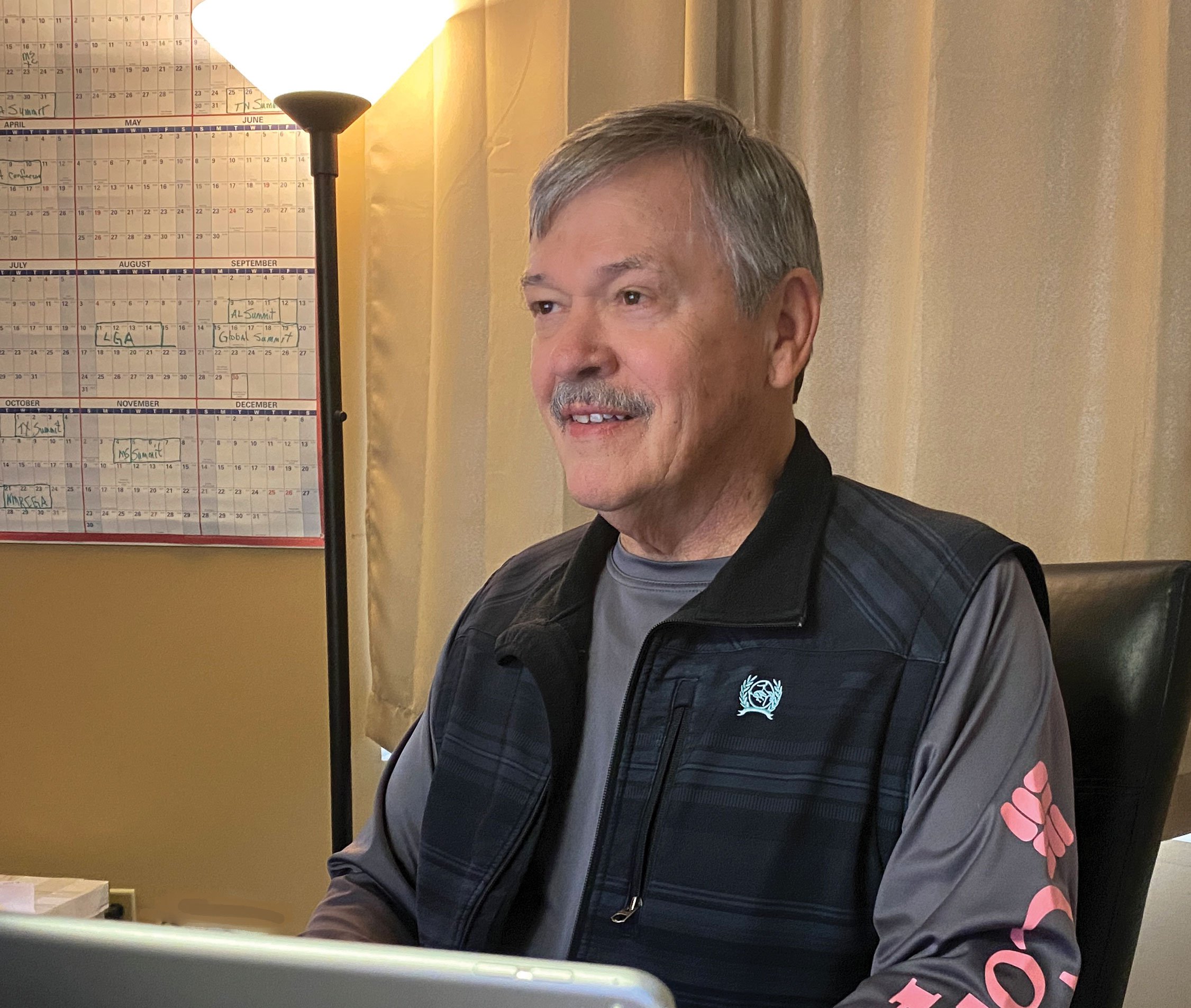
There are at least 3 good reasons not to call fat people fat!
In the first place, it never inspires them to diet; and in the second place, while it may be true, you may need something from them down the road and they are likely not to be cooperative. And in the third place, it is just simply bad manners in the first place.
Many years ago, when I was introduced to this amazing industry, there was apparently a lot of finger-pointing. When damage occurred or something went wrong, the first reaction was usually to blame others. Often, finger-pointing became a seemingly endless process of threats, heated disputes and finding fault with the other side. Placing blame damaged their credibility and many times cost the finger-pointer promotions and sometimes their jobs.
Looking back 25 or 30 years ago, you may remember with me when groups of individuals got together and said, “No more status quo,” “No more finger-pointing” and “let’s work together to keep our communities a safer place to live and work.”
It was refreshing to believe that it would work, and it did work! It is still working today in places and organizations where people are committed to working through difficult issues together. Solutions are not found where locators are placing blame on the excavator for calling in too many tickets, where excavators are placing the blame on the locator for not locating on time, or where operators are placing the blame on both, when the operator is the one setting the timelines.
This difficult environment we’re faced with is not about an individual or even about an organization. It’s about “Are we willing to unite behind a common goal of damage prevention?” The rules have changed. The expectations have changed, and yesterday’s approach didn’t solve yesterday’s problems, so there is no hope that it will work today. Changing behaviors is not about slogans or mascots. Nothing wrong with either, but what are we willing to do to help keep our state a safer place to live and work? Are we willing to sit down with folks who likely won’t agree with us and may not even like us to discuss today’s issues and work together to achieve today’s solutions?
Of course, it all begins with trust. You can have a committee without trust, but you can’t have a meaningful relationship without trust. Think about the groups, committees, or boards to which you belong. If there is someone on that committee that you just can’t trust, the problem will very likely be you. If you aren’t willing to trust one another, any perceived success will be short-lived.
The next critical step in maintaining the relationship is good old-fashioned honesty and integrity. If it needs to be said, say it, but say it with kindness. If we can’t say it with kindness, don’t say it at all. If you can’t say it to build a bridge, then what you are about to say is above your pay grade. Find someone who can frame the issue so as not to tear down what’s already established.
One of the most vital qualities for a strong and meaningful relationship, for bringing all stakeholders together, even those who may not agree with you, is the ability to listen with all your heart. This kind of relationship requires that our listening goes beyond just words. We must connect emotionally with others to accomplish what we are unable to accomplish alone. Listening intently to what the person is not saying is just as important as listening to what is being said. Rather than get frustrated at the tone of voice being used, try to understand why they struggle so getting their message across. We want people not only to hear what we say, but also to feel what we feel. I heard a few days ago that things are getting out of control. Doing more work than ever before and making less money… and it’s getting worse.
I thought I’d use a formula that I learned from Dillard Fricks long ago. In the first place, things are out of control, and in the second place, they are gaining speed, and in the third place, you are the one with your foot on the pedal in the first place.
Just ease up a little on the pedal, and let’s work together to frame our goals! One. Step. At. A. Time.
